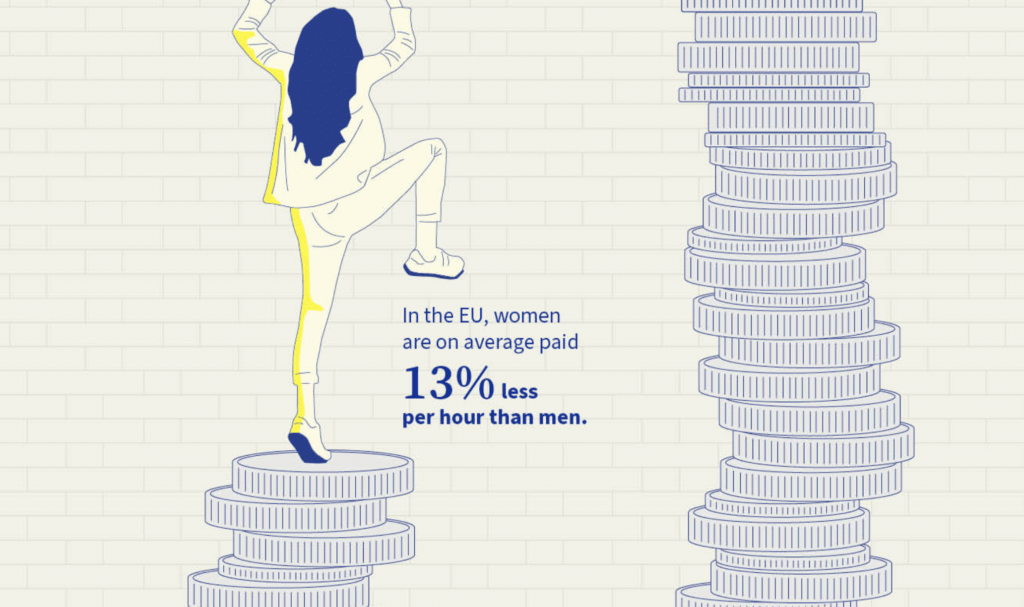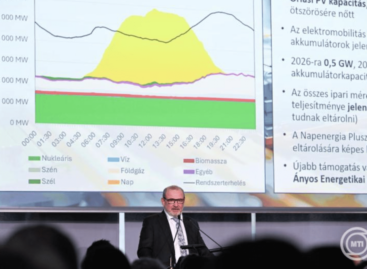EU directive: next year we will be able to find out how much our colleagues earn
The EU’s Pay Transparency Directive requires member states to comply with the objectives of the new pay transparency directive by 7 June 2026. This means that companies operating in the EU must make public their salary information for new positions and their existing salary ranges for their employees in order to improve transparency and reduce the gender pay gap. It is not yet known how the Hungarian legal environment will change in order to achieve the goals, but companies should prepare for this situation in good time – this was the topic of the latest episode of the Profession.hu Backstage podcast.

The most important goal of the Pay Transparency Directive is that companies operating in the EU must inform candidates about the salary package for the position before the job interview, and they cannot ask applicants how much they earned at their previous job. After starting work, the new colleague can request information about the average salary of his/her colleagues who perform the same or equivalent work, the reasons for any differences, and this can be requested by gender. Of course, this information will also have to be public for existing employees.
How can employers prepare?
The directive sets mandatory targets for EU member states, but individual countries will develop their own laws to meet the set targets. There is no specific information yet about how this will change the Hungarian legal framework, but it is important for companies to have a clear view of their internal salary system and to have a well-thought-out salary book.
Employers often do not have a precise plan for the period following the implementation of the directives. Companies that do not have a precise organizational chart with the associated benefit packages will probably have more tasks in the next year or so, because they need to develop these precisely. It is important that companies also have a precisely developed wage structure and wage strategy for the coming period – this is how they can plan most effectively and adapt to changes.
Companies therefore have a key task: on the one hand, they need to assess the extent of the differences between wages by position within the organization, weigh employee competencies and calculate the financial implications of the solution. In addition, appropriate communication towards employees is essential.
Related news
Related news
The Store of the Future opens again at the SIRHA Budapest exhibition! (Part 3)
🎧 Hallgasd a cikket: Lejátszás Szünet Folytatás Leállítás Nyelv: Auto…
Read more >Amikor a megszámlálhatatlan megszámlálhatóvá válik
🎧 Hallgasd a cikket: Lejátszás Szünet Folytatás Leállítás Nyelv: Auto…
Read more >









